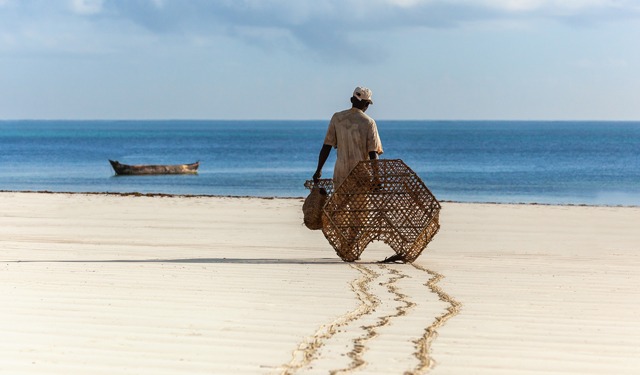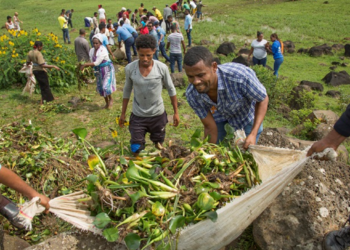Aquaculture Advancements in Africa: Unleashing Potential, Overcoming Challenges, and Kenya’s Commitment – Dr. David Balikowa, representing the East African Commission (EAC), emphasized the imperative for private sector development and the elimination of bottlenecks in the value chains to unlock the full potential of the African aquaculture sector. Specifically, he highlighted the need to address challenges such as the lack of information and the absence of quality fish feed and fingerlings for the aquaculture sector to flourish.
The Aquaculture Network for Africa (ANAF) 2nd General Congress, which commenced on 15 January, witnessed significant highlights. In addition to Dr. Balikowa’s remarks, FAO’s Fisheries Officer, Dr. Dismas Mbabazi, recognized the crucial role ANAF plays in inland fisheries and aquaculture. He underscored the alignment of ANAF’s objectives with FAO’s mission and emphasized a commitment to supporting rules of procedures while fostering a shared vision with the African Union.
Notably, AU-IBAR’s Director, Dr. Huyam Salih, highlighted that the network received official endorsement from African Ministers in Addis Ababa and is officially recognized by the African Union as a dedicated network supporting aquaculture development in Africa.
During the meeting’s opening, Lucy Ogungo, Director of Fisheries representing the Kenyan Government, emphasized the critical need for skills and technology in aquaculture. She reiterated Kenya’s commitment to creating an enabling environment for sustainable aquaculture and called on member states to embark on this journey.
The funding for the Second General Congress meeting was exclusively provided through contributions from AU member states, marking a substantial milestone in ANAF’s journey.
In conclusion, as ANAF, now recognized by the African Union, charts its course for the future, the General Assembly sets the stage for transformative efforts in African aquaculture. The commitment of key stakeholders, including governments, international organizations, and regional bodies, underscores the urgency and importance of sustainable aquaculture in ensuring food security, alleviating poverty, and fostering economic development across the continent. The collaborative spirit showcased during the opening remarks reflects a shared vision for a thriving and sustainable aquaculture sector in Africa, with Kenya actively contributing to this transformative journey.
Aquaculture Advancements in Africa: Unleashing Potential, Overcoming Challenges, and Kenya’s Commitment









